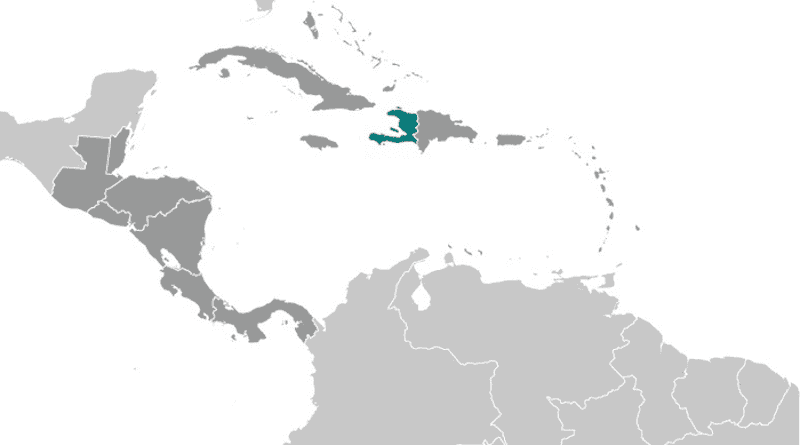The Other Préval
When the Haitian electorate learned in early February 2006, that Préval’s percentage points in the presidential elections had fallen below the 50 percent benchmark, throngs of poor voters took to the streets of the capital to demand that he be declared the winner. Everyone knew that he was the most popular candidate, and that the likelihood of his return to power was extremely high. Yet the electoral count did not match with what Haitians knew to be true. Thus, Haitians reacted violently in support of Préval.
Since these fateful days, Préval had increasingly become a political pariah to the very poor masses who voted him into office. They see him as a willing tool of the traditional elite, and as someone who betrayed the very ideal he espoused and governed under between 1996 and 2001.
In many ways, Préval’s politics have stayed the same. His privatization of public institutions began during his first presidency, and continued unabated during his second term. He is still the same man of few words, and a broad disarming smile. Why then has he been rejected by the masses?
Although his supporters and lieutenants who ran his 2006, presidential campaign were largely from the Lavalas base, Préval ran under a new political platform which he called LESPWA, meaning Hope in the Haitian language. Since returning to power, Préval has not applied undue systematic pressure against former members of the now banned Lavalas Party, nor has he encouraged or presided over systematic repression against them. Yet, he is now the scorn of the masses that largely supported his return to the presidency.
The contradiction of circumstances for Préval largely resides in the body of his current politics. Préval co-opted the Lavalas base by providing key members of that movement with economic opportunities. He brought into his leadership circle former Lavalas cabinet members, while keeping in place the old system so decried by the masses.
As former members of the Lavalas political leadership were silenced with rewards, mostly political but also economic, Préval brought into his circle some of the most reviled members of the traditional elite. His goal was to unite both sectors, and he even changed the name of his newly formed party from Hope (LESPWA) to Unity (INITE, in Haitian). Dreading exile, Préval tried to satisfy all sides and by the end, never satisfied any.
The Préval of 2006 to 2011, is a shadow of his former presidential self. He has largely ignored agriculture, which was priority during his 1996 to 2001 mandate. While viewed as righteous and honest during his first term, he is now accused of allowing corruption to run rampant. Through his silence, Préval even condoned the barring of the Lavalas Party as a competitor by three successive electoral councils during his second mandate. Finally, he has appeased the traditional elite by keeping in place the entire diplomatic corps of the previous post-coup d’etat administration of Prime Minister Gerard Latortue. In the process, he practically became the political darling of the same international community that was almost always at odds with Lavalas and Aristide.
Then there was the earthquake. After the disaster of January 12, 2010, the Préval Administration showed such organizational ineptitude that he is now loathed and reviled by the more than one million displaced citizens who live in internationally-provided tents. Fearing exile even more, he handpicked his successor, Jude Célestin, whom his (also handpicked) electoral council recently declared as a runoff candidate. As if a replay of 2006, hundreds of thousands of voters have taken to the streets but this time, in opposition the the new Préval’s favorite candidate.
The new Préval is a political prototype that the Haitian electorate, largely young and urban, viscerally rejects. The Préval of today advocates through his politics a kind of unity that the Haitian masses so intrinsically revile. That sort of unity is the very type that has caused Haiti so much harm in the short and long terms. The masses know from experience, historically known as politique de doublure, or in English as politics by understudy, that those who benefit from this sort of unity are always the same: the rich, the affluent, and the powerful. They know that by the end, Haiti needs to change in the right way so all voices are heard and accounted for to benefit not just a few, but each and every Haitian.
It is that yearning that has caused so much instability in Haiti since 1990. The fight taking place in Haiti is one between the old and the new, the traditional and the modern, contempt and respect. In short, people are ready for a more open, structured, democratic Haiti.
Future Haitian presidents who hope for true unity will have to take into account the voices of everyone, including that of the poor in a more systematic way. Otherwise, the cycles of violence and political instability will continue in Haiti for years to come.

